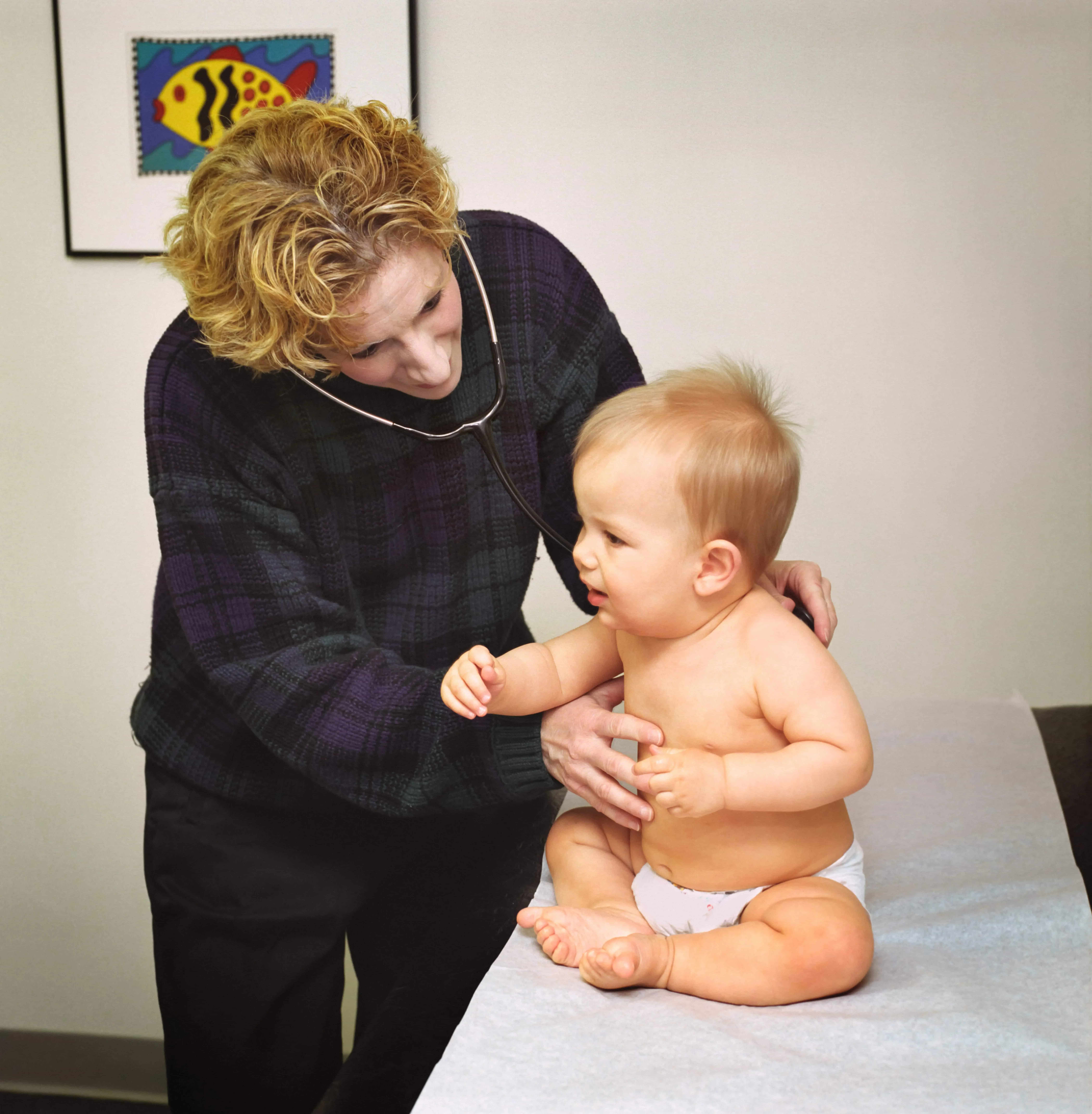In today’s fast-paced world, accidents and emergencies can happen at any time and anywhere. Being prepared to respond effectively in critical situations is not just a valuable skill but a necessity. Tillycroy Support Services recognizes the importance of empowering individuals with the knowledge and skills required to provide immediate assistance in emergencies. Our First Aid Classes are designed to equip participants with the confidence and competence needed to respond to a wide range of medical situations.
Learning first aid is a crucial life skill that can make a significant difference in emergencies. Beyond the immediate benefit of being able to provide timely assistance to those in need, acquiring first aid knowledge instils a sense of confidence and empowerment. In times of crisis, the ability to assess a situation, administer CPR, stop bleeding, or address other medical emergencies can be the determining factor between life and death. Furthermore, learning first aid promotes a culture of safety and preparedness within communities, workplaces, and homes. It fosters a sense of responsibility, encouraging individuals to contribute actively to the well-being of those around them. Whether for personal development, professional advancement, or community engagement, the decision to learn first aid is an investment in one’s ability to act swiftly, decisively, and compassionately in the face of adversity.

This qualification focuses on enabling individuals to confidently and competently use Automated External Defibrillators (AEDs), which are increasingly prevalent and user-friendly life-saving devices. The course covers essential topics such as basic life support, primary survey, collapse management, CPR, and AED functions and procedures for both adults and children. The training is practical, with a tutor-to-candidate ratio of 1:12 and requires four hours of contact time. Successful completion results in the award of the ITC Level 2 Award in Basic Life Support and Safe Use of an Automated External Defibrillator. The qualification, valid for three years, emphasizes the importance of annual refresher training to ensure ongoing proficiency and readiness in responding to emergencies.

This qualification addresses the increasing prevalence of anaphylaxis caused by allergic reactions, offering essential information and skills to recognize and manage life-threatening situations. The course covers topics such as basic life support, primary survey, collapse management, CPR, identification of common triggers, and recognition of signs and symptoms of anaphylaxis. Practical aspects include appropriate treatment, casualty positioning, identification and demonstration of various auto-injectors, safe use of auto-injectors, sharps disposal, and roles and responsibilities. The course, predominantly practical, is assessed through tutor observation of practical performance and questioning. With a 1:12 tutor-to-candidate ratio and a four-hour contact time, successful completion results in the award of the ITC Level 2 Award in Basic Life Support and Management of Anaphylaxis. Revalidation is required after three years, with annual refresher training recommended to maintain proficiency in anaphylaxis management.

This qualification is designed for individuals requiring first aid training in active workplaces such as sports or leisure environments. The course covers a range of topics applicable to both adult and child casualties, including roles and responsibilities, collapse management, choking, bleeding, shock, minor incidents, first aid kit usage, illness management, and addressing heat and cold problems. Delivery methods emphasize practical application, and assessment involves continuous observation of candidate performance along with two brief Multiple Choice Questionnaires. The training requires a minimum of 12 hours of tutor contact time (excluding breaks), a 1:12 tutor-to-candidate ratio, and must be completed within six weeks. Successful completion leads to the ITC Level 2 Award in Activity First Aid (QCF), valid for three years, with revalidation through attending another training course after the initial three-year period.

This qualification emphasizes the well-established efficacy of electrical defibrillation in treating cardiac arrest, with the key determinant of survival being the time from collapse to the first shock delivery. Widely deploying Automated External Defibrillators (AEDs) is recognized as a realistic strategy for reducing heart disease-related death rates. The course, suitable for those seeking to enhance basic CPR and life support skills, covers vital signs, CPR, basic life support, the Chain of Survival, heart rhythms, AED scenarios, troubleshooting, and post-event procedures. The practical course, assessed through continuous observation and a brief Multiple Choice Questionnaire, requires a minimum of 6 hours of tutor contact time (excluding breaks), with a 1:12 tutor-to-candidate ratio. The course must be completed within 3 weeks, with each session lasting a minimum of 2 hours. Successful completion grants the ITC Level 2 Award in Cardiopulmonary Resuscitation and Automated External Defibrillation (QCF) with a 3-year validity, and revalidation is achieved through attending another training course after 3 years.

This comprehensive qualification is designed to equip learners with the necessary skills to administer First Aid in an educational setting. The ITC Level 3 Award in First Aid for Schools and Colleges addresses the specific needs of educational institutions, ensuring both students and staff receive adequate training. Unlike the standard First Aid at Work qualification, this course covers pediatric first aid, encompassing resuscitation procedures for children up to 18 years old. Delivered over two days with predominantly practical methods, the course covers various topics, including CPR, shock, seizures, choking, blood loss, and injuries to the head, neck, spine, and chest. Assessment is continuous, relying on the observation of learner performance. The qualification necessitates a minimum of 12 hours of tutor contact time, a 1:12 tutor-to-candidate ratio, and completion within six weeks. Each session must be a minimum of 2 hours, and successful candidates receive the ITC Level 3 Award in First Aid for Schools and Colleges, valid for three years. Revalidation requires attending another training course after three years.

The ITC Level 3 Award in Emergency First Aid for Schools and Colleges is a comprehensive qualification designed to equip learners with the necessary skills for delivering first aid in an educational setting. Covering both adults and children, including resuscitation procedures for children up to 18, this qualification fulfils the first aid training needs of educational establishments. Unlike First Aid at Work, it addresses pediatric first aid. The delivery methods are primarily practical, with continual observation serving as the assessment method. The course covers various topics such as roles and responsibilities, dealing with unresponsive casualties, seizures, choking, and blood loss. The minimum tutor contact time is 6 hours, with a 1:12 tutor-to-learner ratio. Completion within 4 weeks, with each session lasting a minimum of 2 hours, is required. Successful candidates receive the ITC Level 3 Award, which is re-validated by attending another training course after 3 years. The course duration is 6 hours in total.

ITC Level 3 Award in Emergency Paediatric First Aid:
This Paediatric First Aid qualification is specifically designed for individuals responsible for caring for children in the absence of their parents, a role identified as crucial by workplace risk assessments. The qualification signifies that an individual can assume the position of a first aider with the responsibility of caring for infants and children. Suitable for those spending time in early years environments and with pre-puberty children, the course covers essential pediatric life-saving skills and incident management. Topics include CPR, shock, anaphylactic shock, bleeding, choking, and seizures. The delivery emphasizes practical methods and continual observation of candidate performance. The course requires a minimum of 6 hours of tutor contact time, a 1:12 tutor-to-candidate ratio, completion within 4 weeks, and sessions of at least 2 hours each. Successful completion results in the award of the ITC Level 3 Award in Emergency Paediatric First Aid, valid for 3 years, with revalidation through attending another training course after this period.

This qualification is specifically designed for individuals responsible for caring for children in the absence of their parents, meeting Ofsted requirements for those working in early years settings. The Early Years Foundation Stage (EYFS) framework mandates the presence of at least one person with a current pediatric first aid certificate on the premises or during outings when children are present. The course covers a comprehensive range of topics, including CPR, shock, anaphylactic shock, burns, scalds, choking, fractures, head injuries, poisoning, and various medical conditions. Emphasizing practical delivery methods, the qualification is assessed through continual observation of candidate performance. The training requires a minimum tutor contact time of 12 hours, with a 1:12 tutor-to-candidate ratio, completion within 7 weeks, and each session lasting a minimum of 2 hours. Successful candidates receive the ITC Level 3 Award in Paediatric First Aid, valid for three years, with revalidation through attendance at another training course after this period.

This qualification, tailored for sports enthusiasts, coaches, spectators, and involved adults, goes beyond typical first aid courses by incorporating key sports-related incident management content. Alongside basic life support, the course covers sports injury assessment, return-to-play decisions, and safe moving techniques. Specific sports-related first aid topics include managing injuries such as blows to testicles, dead legs, and possible compartment syndrome. Delivery is predominantly practical, focusing on continual observation of candidate performance. With a 1:12 tutor-to-candidate ratio, the course must be completed within 7 weeks, with each session lasting a minimum of 2 hours. Successful candidates receive the ITC Level 3 Award in First Aid for Sport, Exercise, and Fitness, valid for three years. Revalidation requires attendance at another course after this period.
At Tillycroy Support Services, we take pride in offering a unique and comprehensive approach to first aid training. Choosing Tillycroy for your first aid needs comes with several distinct advantages that set us apart from other providers.
Our range of first aid courses is carefully designed to cater to diverse needs, from basic life support to specialised training for sports enthusiasts, coaches, and workplace scenarios. Whatever your requirements, Tillycroy has a course tailored to meet them.
Our instructors are not only certified professionals but also bring real-world experience to the classroom. Their expertise ensures that you receive the highest quality training, combining theoretical knowledge with practical insights to enhance your skills.
We believe in the power of experiential learning. Our first aid classes are not just lectures; they are interactive, hands-on experiences. From practical simulations to collaborative exercises, we ensure that you leave our courses with the confidence and competence to respond effectively in real-life situations.
Tillycroy’s commitment to flexible and versatile training extends to our delivery methods. Whether you prefer on-site training at your workplace or a scheduled session at our training centre, we adapt to your needs. Our courses are designed to accommodate various schedules and preferences.
Completing a first aid course at Tillycroy comes with the added benefit of receiving a recognised certification. Our certifications are not only proof of your acquired skills but also hold value with employers, organizations, and educational institutions.
Tillycroy Support Services believes in fostering a sense of community responsibility. Our first aid training goes beyond individual skill development; it contributes to building safer and more prepared communities. By choosing Tillycroy, you become part of a network of individuals committed to making a positive impact.
Your journey with Tillycroy doesn’t end with the completion of a course. We offer ongoing support, and our commitment to your preparedness is evident in our revalidation process. Regular refresher courses are recommended to ensure that your skills remain sharp and up-to-date.
Tillycroy’s training facilities are equipped with state-of-the-art resources, providing an optimal learning environment. From modern classrooms to simulation equipment, we invest in the tools that enhance your learning experience.
Tillycroy Support Services has a proven track record of delivering high-quality first-aid training. Many individuals, organizations, and communities have entrusted us with their training needs, and our positive testimonials speak to the impact of our courses.
In conclusion, choosing Tillycroy for your first aid training means choosing excellence, community engagement, and a commitment to your safety and the safety of those around you. Join us in making a difference through knowledge and preparedness.